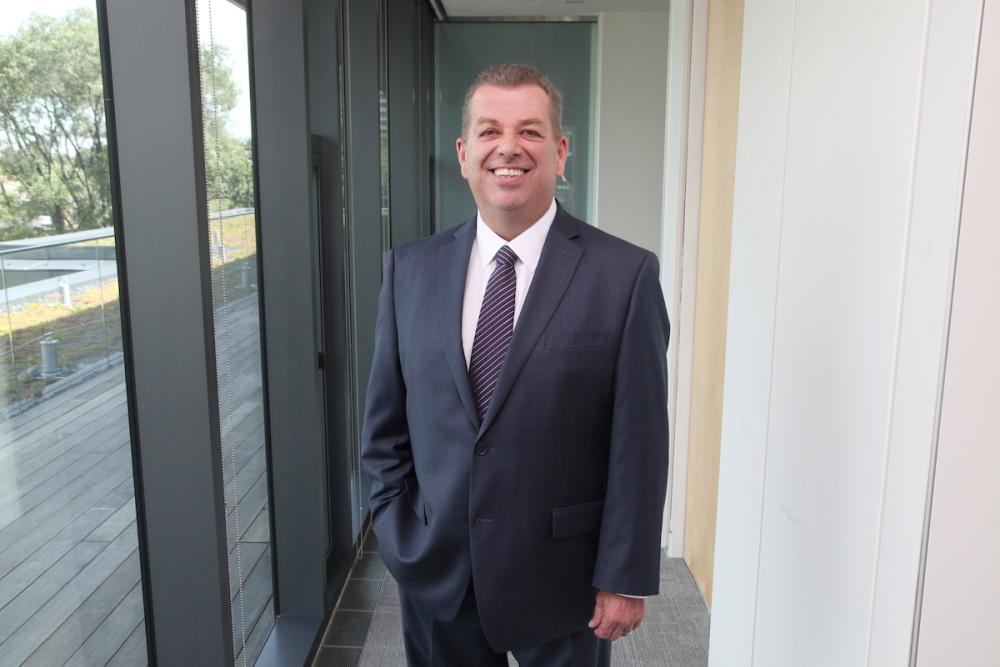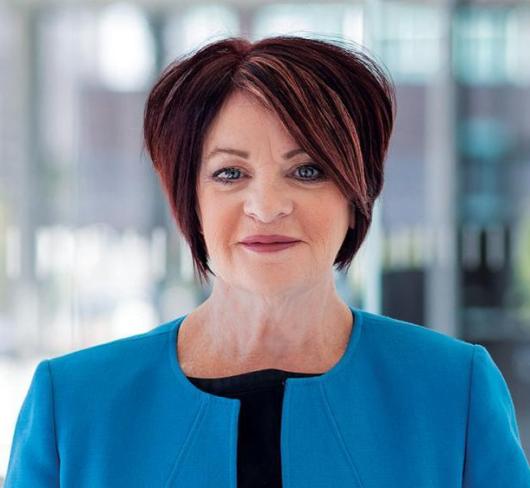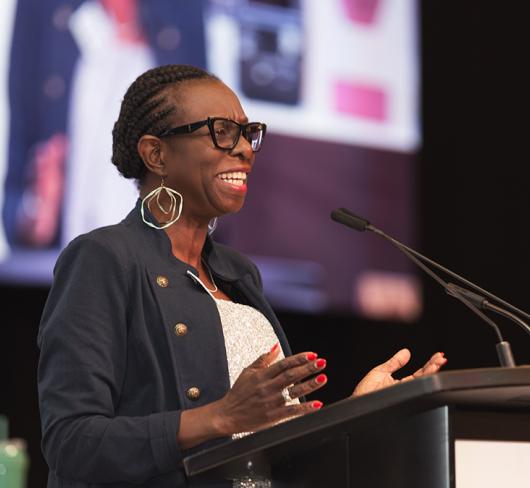
Charting Our Course Together (From the President)
In August, just over 600 delegates gathered in Toronto at ETFO’s 2014 Annual Meeting to debate resolutions to guide our union and enhance the teaching profession.
As always, it was amazing to watch democracy at work. ETFO members may not always see issues in the same way, but a strong commitment to democracy and parliamentary rules allows for a respectful sharing of views and resolution of differences.
These are challenging times for educators, and I am heartened to see how ETFO members continue to act together in solidarity.
Over a few short years, we have faced unprecedented challenges to collective agreements and public education that oblige us to find new ways to resolve issues with education stakeholders for the benefit of ETFO members and the students we teach.
In the wake of Bill 115, we achieved a memorandum of understanding (MOU) with Kathleen Wynne’s Liberal minority government. We worked closely with other teacher affiliates and CUPE to propose amendments for Bill 122 to ensure our new collective bargaining legislation allows for a fair and balanced process and preserves the principles of free collective bargaining.
Our contracts expired on August 31, 2014 and we are officially into a new regime of bargaining. As we navigate the complexities of central and local bargaining tables under the new legislation, it is imperative that we rebuild relationships but remain strong in our resolve to get the best agreements possible for our members ... and we will.
Ontario Premier Kathleen Wynne and Ontario NDP leader Andrea Horwath brought messages to the annual meeting this year about their respective commitments to public education and to supporting educators in the work we do. They acknowledged the damage done to the relationship between teachers and the government in the wake of Bill 115 and pledged in different ways to rebuilding a strong partnership between government and education affiliates. The premier told delegates that she and Education Minister Liz Sandals will work toward a stronger education system and a more respectful bargaining process no matter what the fiscal situation is. Horwath said the NDP intends to hold the new majority Liberal government accountable for its commitment to education.
Kathleen Wynne faced tough questions from the annual meeting floor about the previous and upcoming rounds of bargaining. Members justifiably sent her the message that the losses represented by the MOU and the removal of free collective bargaining rights under Bill 115 were not acceptable and that ETFO members would continue to defend their rights.
In early September, ETFO, the OPSBA (employer bargaining agency) and the government had their first meeting to discuss ground rules for the new bargaining process. On one matter, all parties were very clear – there will be no bargaining in the media. This is essential to ensure the process remains as unbiased as possible. Three additional meetings were held later in September to finalize the ground rules and to commence discussions about items that should be included at the central table and to define these items. Local leaders attended a meeting on September 11 at the ETFO office to receive an update on collective bargaining, the communication strategy and other mobilization plans.
An article in this issue of Voice outlines our bargaining priorities and plan for communicating with you at every step of the way. Setting off into uncharted territory is challenging, but acknowledging this reality and hoping that all parties intend to build relationships and respect free collective bargaining will lead us to our ultimate goals – a Memorandum of Settlement, provincially, and duly negotiated local agreements that improve the lives of our members.

